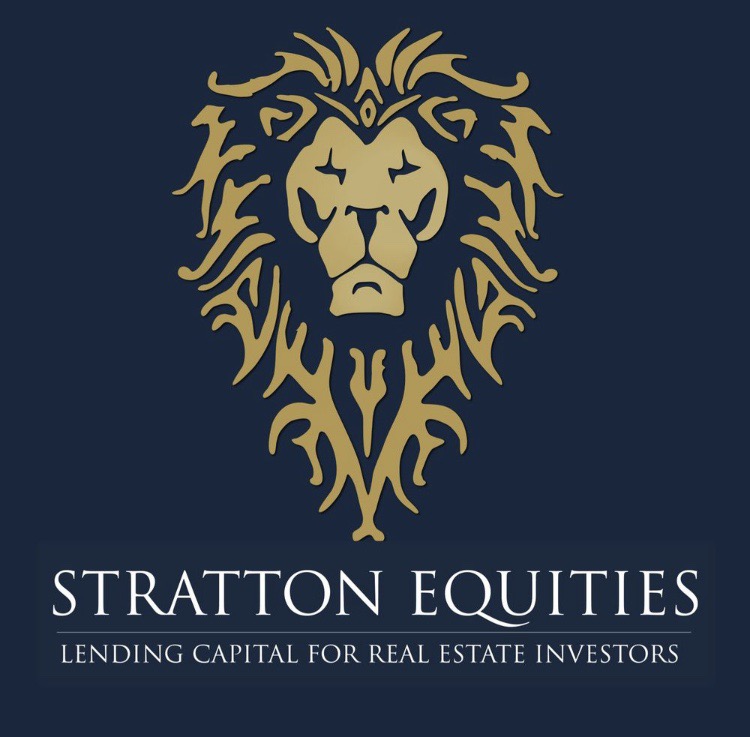How Long Does It Take to Profit From a Real Estate Investment?
- Stratton Equities

- Jul 25, 2022
- 3 min read
Updated: Feb 9, 2024
Real estate is one of the hottest investment markets in the US right now. It's a market that hinges upon a lot of variables, but one that is always ripe with growth and potential. However, for those looking to get started in the real estate investment business, you might be asking just how profitable the industry is. Well, it depends on the type of loan you’re getting.
If you are looking to invest with a private lender, you should know about the two major types of loans you can get: Hard Money and Soft Money. Hard Money lending is one of the most dominant loan options in the real estate investment industry. It serves as a major alternative to conventional bank loans as it is much easier to get approval for and financing as there is very little documentation required. Additionally, Hard Money loans are short-term based meaning they only last for a couple years at most. They are extremely popular as their short timeline allows for real estate investors to make great profits over a short period of time, offering up the additional opportunity to go back and do it again once you are finished.
If you are looking for fast equity gains in the real estate market, then Hard Money loans might be for you as they are one of the most lucrative, tightly-executed, and widely-practiced loan options out there. Hard Money loans are fairly expensive as their short timeline offers greater risk for the lender, but if you can afford the financial package, budget yourself accordingly, and dedicate yourself to the project thoroughly then Hard Money loans should be of great interest to you.
Another element to note about Hard Money loans is that their lucrative profitability is not always guaranteed. Most private lenders offer Hard Money loans at a 75% LTV ratio and an interest rate starting at 7.25% as there is great risked involved due to a subdued process of documentation, suggesting less diligence in proving reliability when compared to the strict practices of a conventional bank loan, as well as the short timespan. This is only further supported by the real estate market itself as the aim is to beat the market with an undervalued property in only a matter of months and if you miscalculated a particular variable, your investment could fall through. So be careful and diligent in your research and investment efforts as the higher levels of risk are not for naught.
Conversely, Soft Money loans are the biggest alternative to Hard Money loans for private lenders as they specialize in long-term investment plans. For example, Soft Money deals with less risk than Hard Money as it generally offers LTV ratios of up to 85% and interest rates starting at 6.74%. This means that you are receiving more funding upfront and paying less periodically.
If accumulating equity gains over the course of 10-30 years is appealing to you, then Soft Money is the way to go. The process is just as simple to get approval for as Hard Money, but it is cheaper and a more affordable investment option that may peak some interest to other real estate enthusiasts. Additionally, the risk is based on long-term trajectories which are much easier to project because the market progresses on a fairly predictable scale when observing it over long periods of time. As such, Soft Money loans are a viable real estate investment option that just might be a better fit than Hard Money or a conventional bank loan.
Overall, by working with an experienced private lender, you are more than likely going to highly value the experience and appreciate the rewards to come. However, this is not a guarantee that investing with a private lender will work all the time as there are still numerous other variables that can come into play that affect the profitability of the property, such as property location, property type, market value of the neighborhood, reconstruction and hiring costs, unexpected circumstances, etc. However, finding the right private lender for the right property who has the right connections, resources, and expertise will definitely be your best chance moving forward with investing in real estate.
For more information on Hard Money and Soft Money, visit Stratton Equities today.






Comments